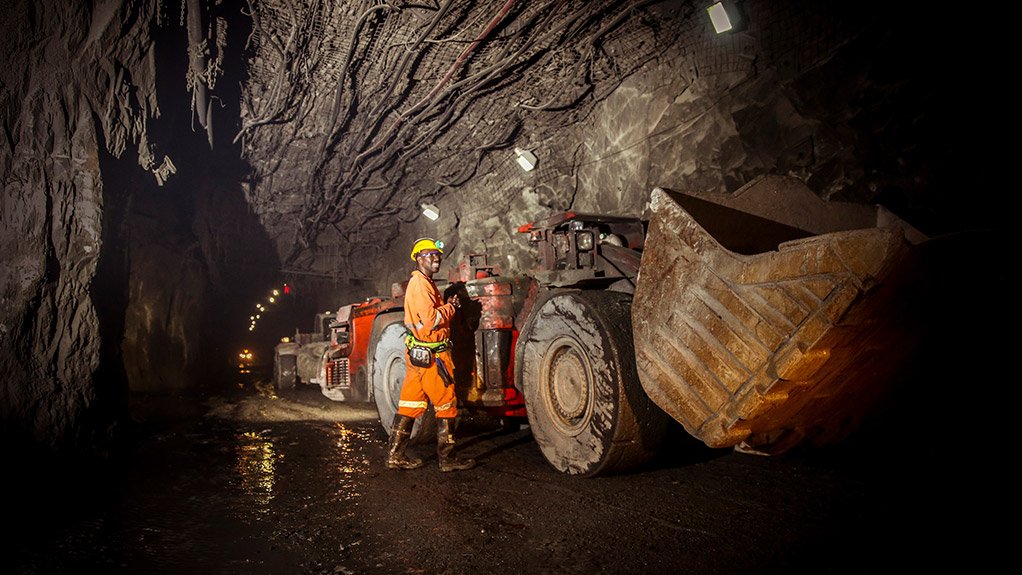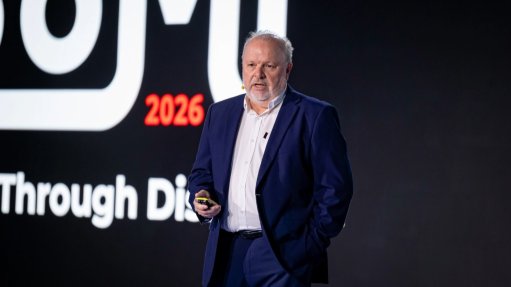Graphex positive common ground to be found



COMMON GROUND The future of the Tanzanian mining industry relies on finding common ground between investors and the government
BENEFICIATION BONUS As graphite is highly beneficiated at the mine, Graphex will not be subject to the export regulations
Photo by Bloomberg
Australian mineral exploration and development company Graphex Mining submitted a 200-page document to the Tanzanian Ministry of Minerals earlier this month. The submission contains recommendations regarding the new mining legislation that was announced in Tanzania in July 2017.
“At one of our last meetings with the Minister of Minerals Angellah Kairuki, she requested that we [Graphex] present a submission that not only explains the issues, concerns and clarifications that financiers are seeking but also provides more evidence on why what is currently is in place may not work and what we are proposing could work, and how other African countries deal with similar concepts,” explains Graphex MD Phil Hoskins.
Whilst Hoskins did not detail the specific solutions proposed, he suggested that any resolution of these issues needed to be legally binding and could take the form of amendments to legislation, publishing of clarifying guidelines or regulations, and agreements directly between the Tanzanian government and mining companies.
The changes to the legislation in 2017 include the Tanzanian government having at least a 16% non-dilutable free carried interest in the capital of a mining company, the ability to acquire up to 50% of the shares of a mining company commensurate with the quantified value of tax incentives incurred by government in favour of the mining company, a ban on raw resources being exported for beneficiation outside of Tanzania, introduction of extensive local procurement requirements and retention of earnings from mineral developments in the banks and financial institutions in Tanzania.
One of the primary issues requiring clarification is the uncertainty regarding the level of government free-carried interest. As Graphex has not been granted any tax incentives, it is seeking confirmation that the level of free-carried interest will be limited to 16%. The company is also able to repatriate funds out of Tanzania in accordance with existing laws.
However, Hoskins points out that challenges from the legislative changes will depend on the commodity and the stage of project development. One of the fundamental issues for Graphex Mining will be the export of its highly beneficiated graphite product. “As graphite is already processed at the mine site, we don’t expect to be impacted by the legislation around the export of raw materials.”
One overarching theme in terms of challenges to the mining industry in Tanzania is that any changes in legislation will impact on investor confidence. The percentage of a company or company shares the Tanzanian government can own creates uncertainty, as it becomes an issue for investor and financiers when modelling returns, certainty of cash flow and debt repayments. The Tanzanian government can own anywhere between 16% and 50% of the shares in a company, depending on tax incentives given to a mining company, which affects the amount of money investors can receive from a company.
Remaining Positive
Despite the challenges facing the Tanzanian mining industry, Hoskins is positive about the future of mining in the country. Tanzania has always been a favourable region in which to conduct business, Hoskins reiterates. The country is also the fourth-largest gold producer in Africa, which has resulted in a well-established base of skilled labourers and infrastructure, he points out.
Additionally, the Tanzanian government is working with the Japanese government on a gas-fired power plant project in southern Tanzania. “If it does go ahead, there are a number of projects in that region that will benefit from reduced operating costs, including Graphex Mining,” he points out.
While the changes to the mining legislation are a hurdle, Hoskins points out that finding common ground, where the returns are balanced between government and the investors, is really the key for the future of the industry.
“The industry recognises government’s intent to enhance Tanzanian people’s return to their mineral wealth and I do not think anyone begrudges that intent,” Hoskins concludes.
Article Enquiry
Email Article
Save Article
Feedback
To advertise email advertising@creamermedia.co.za or click here
Press Office
Announcements
What's On
Subscribe to improve your user experience...
Option 1 (equivalent of R125 a month):
Receive a weekly copy of Creamer Media's Engineering News & Mining Weekly magazine
(print copy for those in South Africa and e-magazine for those outside of South Africa)
Receive daily email newsletters
Access to full search results
Access archive of magazine back copies
Access to Projects in Progress
Access to ONE Research Report of your choice in PDF format
Option 2 (equivalent of R375 a month):
All benefits from Option 1
PLUS
Access to Creamer Media's Research Channel Africa for ALL Research Reports, in PDF format, on various industrial and mining sectors
including Electricity; Water; Energy Transition; Hydrogen; Roads, Rail and Ports; Coal; Gold; Platinum; Battery Metals; etc.
Already a subscriber?
Forgotten your password?
Receive weekly copy of Creamer Media's Engineering News & Mining Weekly magazine (print copy for those in South Africa and e-magazine for those outside of South Africa)
➕
Recieve daily email newsletters
➕
Access to full search results
➕
Access archive of magazine back copies
➕
Access to Projects in Progress
➕
Access to ONE Research Report of your choice in PDF format
RESEARCH CHANNEL AFRICA
R4500 (equivalent of R375 a month)
SUBSCRIBEAll benefits from Option 1
➕
Access to Creamer Media's Research Channel Africa for ALL Research Reports on various industrial and mining sectors, in PDF format, including on:
Electricity
➕
Water
➕
Energy Transition
➕
Hydrogen
➕
Roads, Rail and Ports
➕
Coal
➕
Gold
➕
Platinum
➕
Battery Metals
➕
etc.
Receive all benefits from Option 1 or Option 2 delivered to numerous people at your company
➕
Multiple User names and Passwords for simultaneous log-ins
➕
Intranet integration access to all in your organisation




















